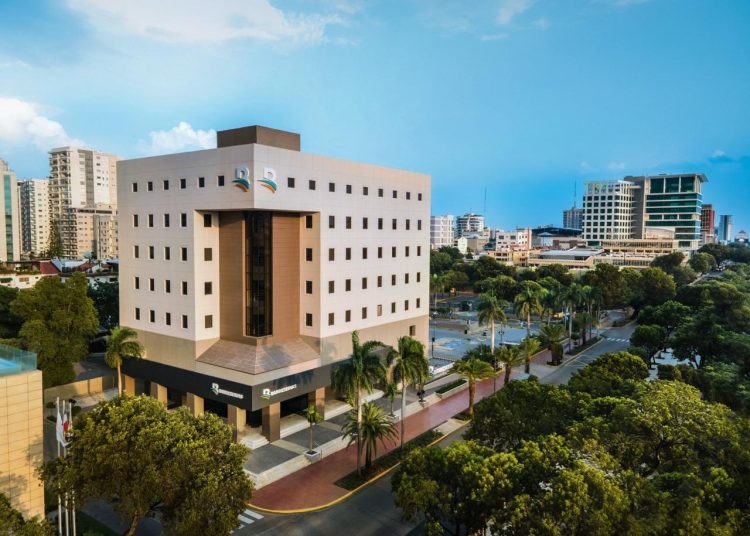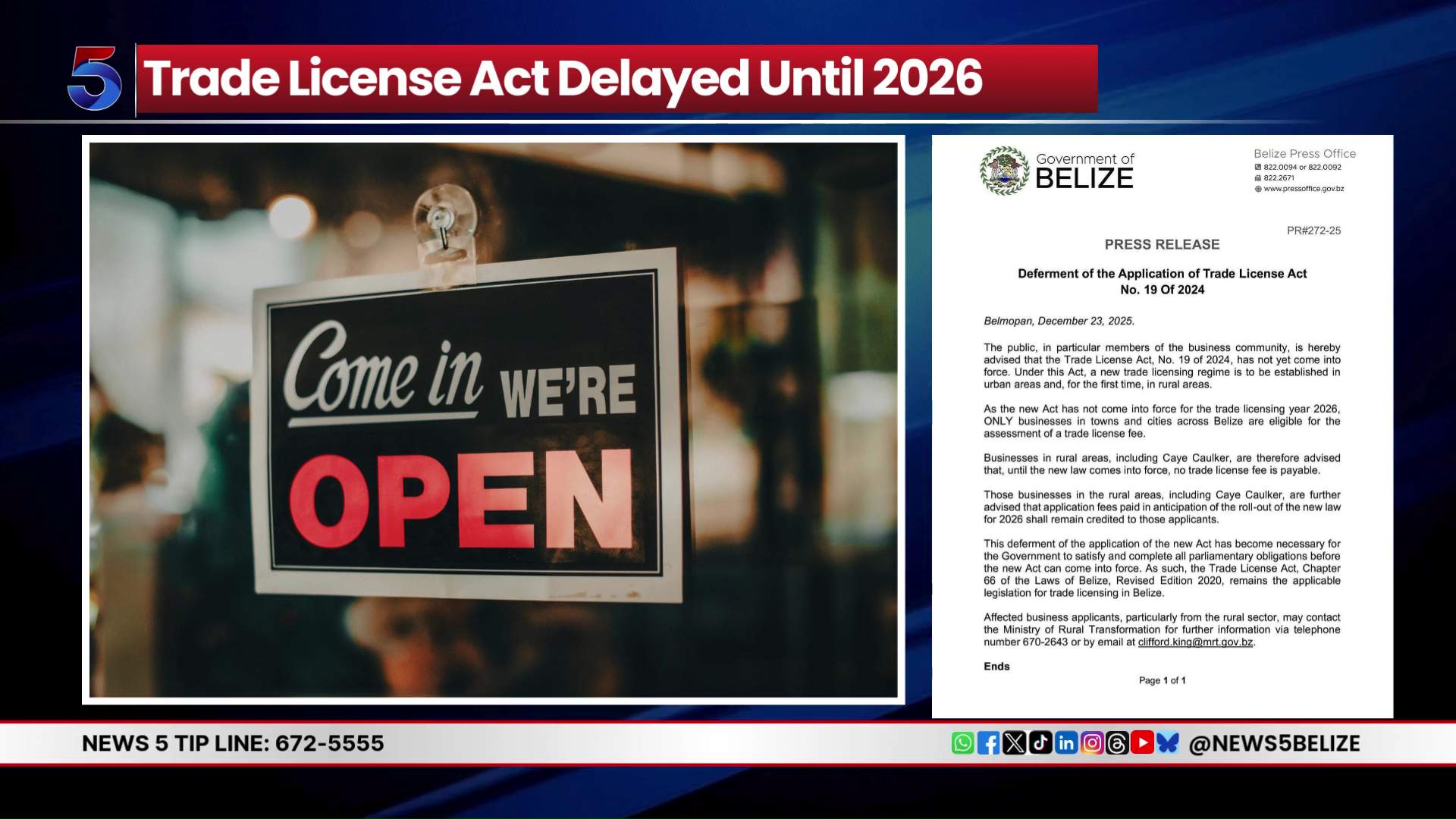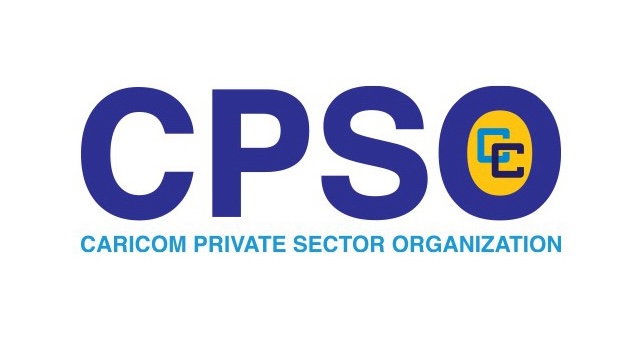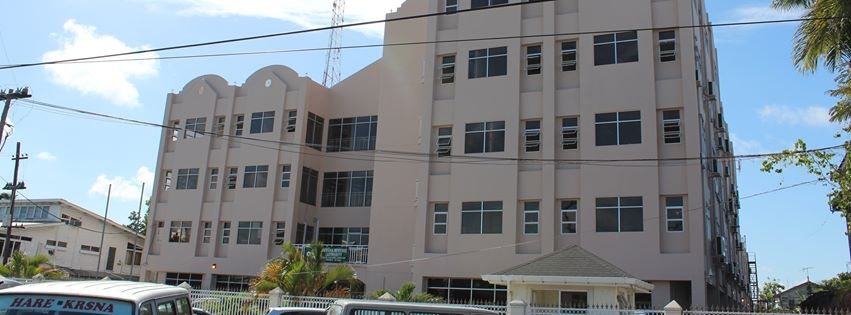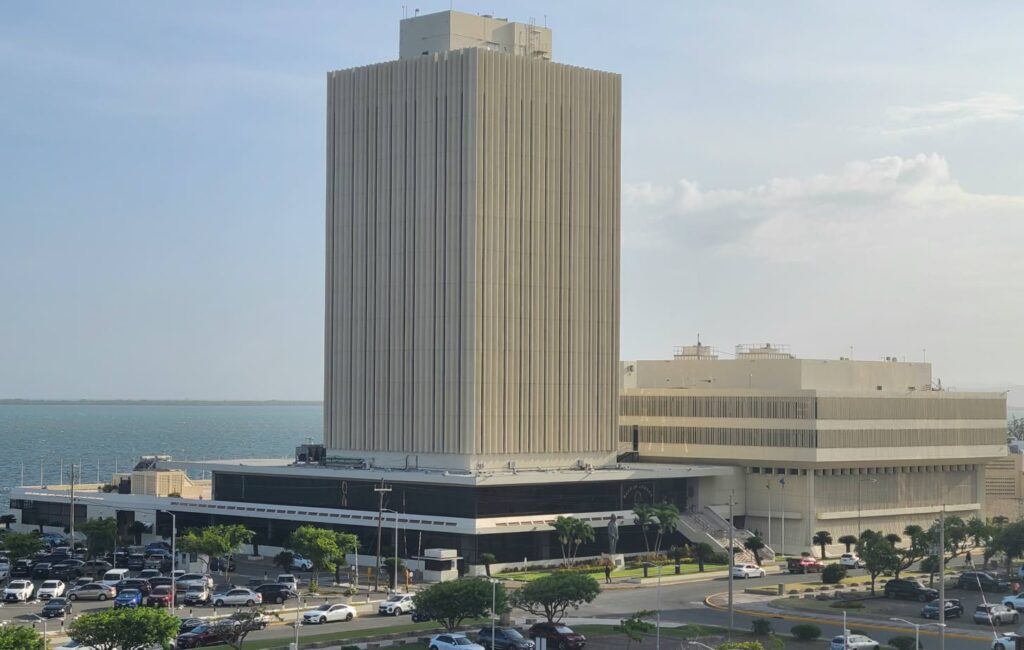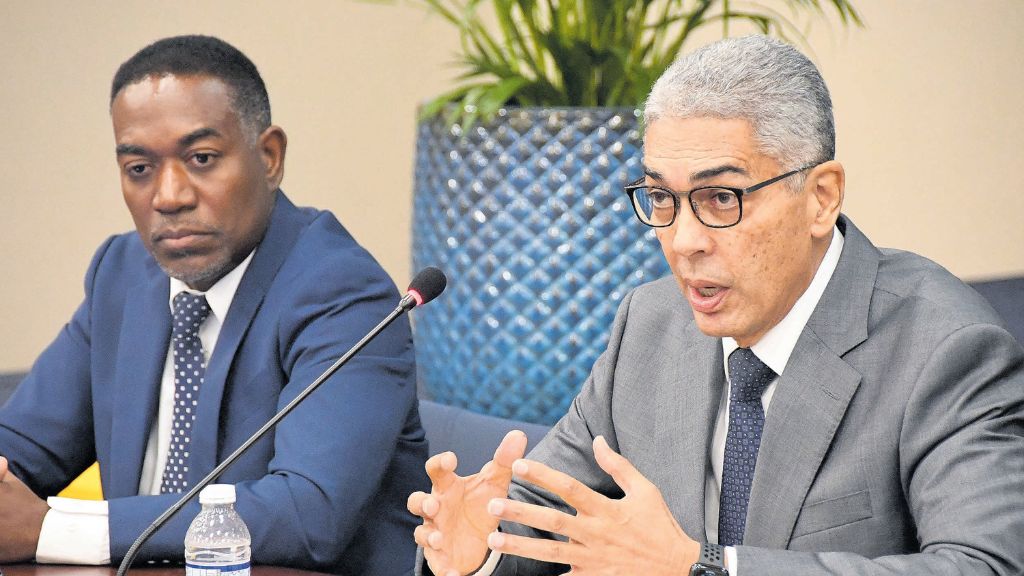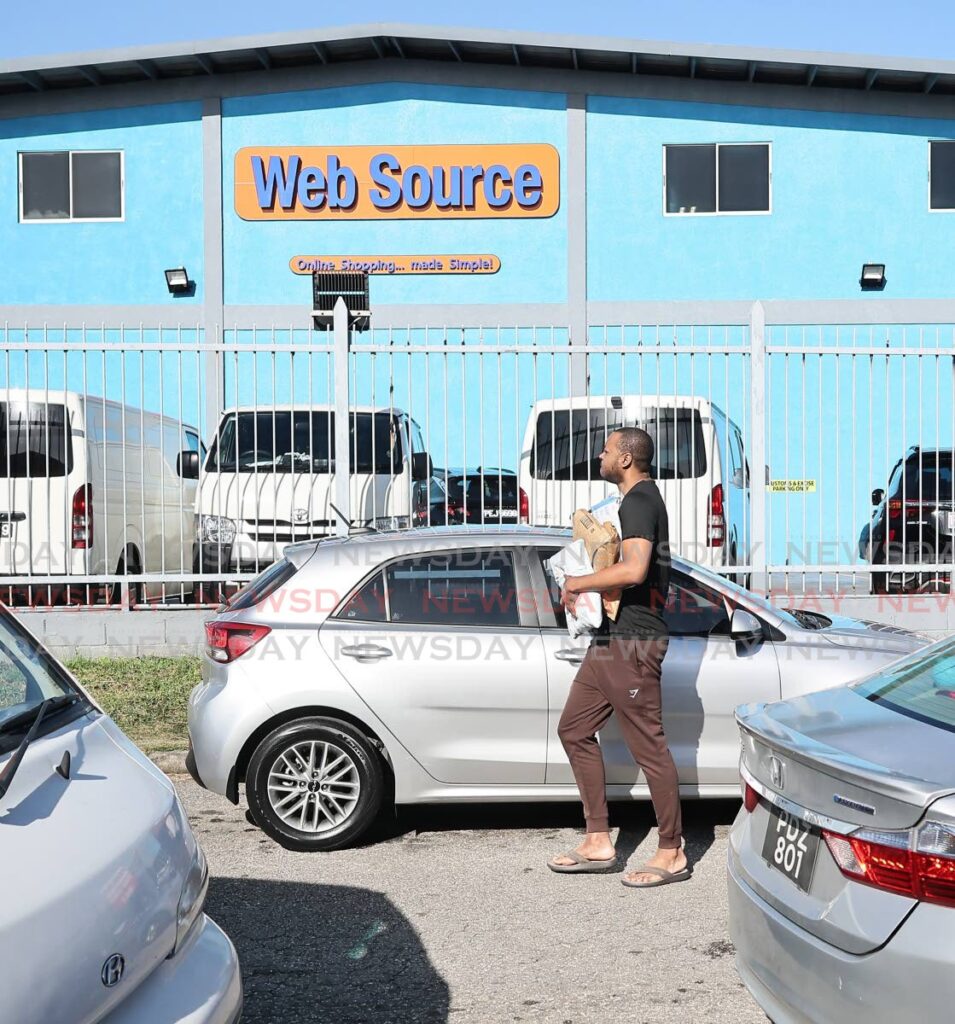SANTO DOMINGO – In response to recent public discourse questioning its stability, Banco de Reservas de la República Dominicana (Banreservas) has issued a robust declaration of its financial health and operational resilience. The state-owned financial institution released an official communiqué detailing its formidable standing as of late November 2025, attributing its strength to a foundation of prudent risk management, exceptional liquidity, and robust capitalization, all of which have fueled consistent growth in its operational outcomes.
The bank’s statement underscored that its core financial metrics—including solvency, liquidity, and asset quality ratios—not only meet but significantly surpass the stringent minimums mandated by regulators. This performance is anchored by a substantial equity base and a management philosophy dedicated to the absolute security of customer deposits and the overarching stability of the nation’s financial framework. Banreservas explicitly confirmed its unwavering adherence to the Dominican Republic’s Monetary and Financial Law and all associated regulatory statutes.
Further solidifying its position, the bank emphasized its operational environment, which is subject to continuous and rigorous oversight by the country’s monetary and regulatory authorities. This scrutiny ensures compliance with elevated standards of corporate governance, comprehensive risk control protocols, and full transparency. Concluding its statement, Banreservas passionately reaffirmed its foundational commitment to maintaining public trust, ensuring the safety of depositor assets, and playing a pivotal role in the ongoing reinforcement of the Dominican financial system.
